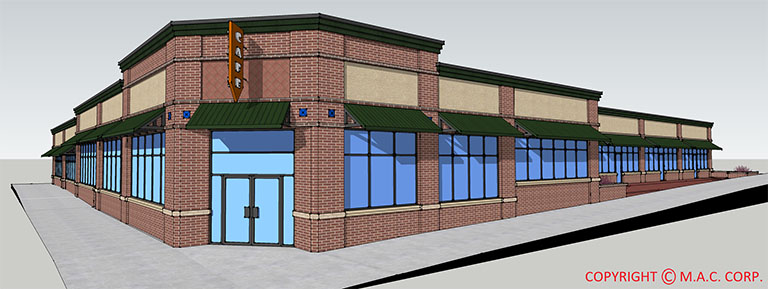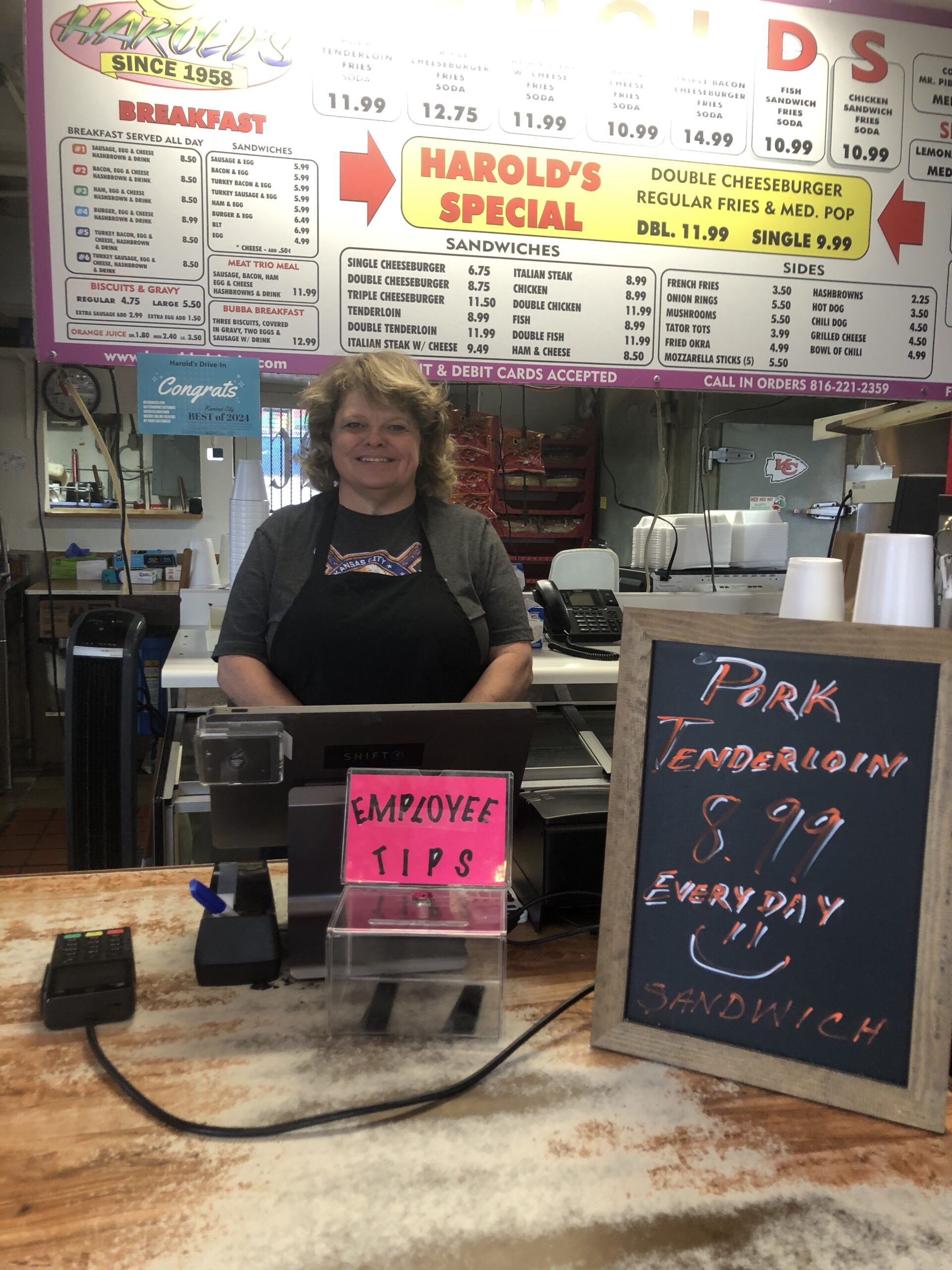
Paul Thompson
Northeast News
Kansas City, Missouri’s Planning, Zoning and Economic Development committee pulled a controversial Historic Northeast retail development off the committee docket on Wednesday, July 25, rather than grant the project developer a requested hold until August 29.
An outward hint that members of the PZE committee were growing impatient with the proposed development at the 2600 block of Independence Avenue came last month, on June 20, when committee chair Scott Taylor begrudgingly delayed two ordinances related to the project.
The decision, however, was accompanied by a warning to the developer, M.A.C. Corporation.
“Personally, I think we should hold this off docket,” Taylor said. “I don’t think this project is ready.”
Taylor stuck to his guns on Wednesday, July 25, when, after the developer requested via email to hold the ordinances until late August, he instead moved to indefinitely remove the legislation from the docket. The decision was made with the support of committee members Lee Barnes, Heather Hall, Quinton Lucas and Katheryn Shields.
“When a development project comes in front of the Planning and Zoning committee, we expect for the applicant to have their ducks in a row,” Taylor said after the committee meeting. “In this case it didn’t seem that the applicant had their ducks in a row, and it wasn’t ready for prime time.”
Director of City Planning and Development Jeffrey Williams told the committee that M.A.C. Corp had requested the one-month hold because they were pursuing legal representation. Williams also said that because the applicant didn’t disclose that they were applying for Chapter 353 incentives before the project’s initial approval by the City Plan Commission (CPC), the developer would be required to go back through the approval process and get the property re-zoned. Robert Andrew, President and Senior Project Engineer of M.A.C. Corp., had informed the PZE committee on June 20 that the project had been granted a 10-year, 50% tax abatement from the Chapter 353 Program in early June.
“They would indeed have to go back from a CPC perspective, because they’re asking for a re-zoning,” Williams said.
The hold request, which arrived shortly before the July 25 meeting, left committee members frustrated with the developers. Third District Councilman Quinton Lucas suggested as much, saying that “at a certain point it’s wasting our time.”
Fourth District Councilwoman Katheryn Shields intimated that pulling the ordinances from the docket was actually a more charitable decision than the likely alternative – voting the project down altogether.
“The kindest thing we could do would be to hold it off the docket,” Shields said. “Otherwise I think we would just vote it down.”
Andrew, for his part, expressed his own frustrations at the proceedings when reached following the July 25 meeting. He suggested that M.A.C. Corp and the property owners will hire legal representation as they consider three options moving forward: 1) let the property sit and “let it grow weeds” for 20 years as the parcel appreciates in value; 2) sue the City of Kansas City, Missouri for denying his client’s property rights; or 3) let his legal representation work out a separate agreement with the City.
“I’ve washed my hands of the damn thing, and I’ve turned it over to an attorney,” Andrew said. “I’m never dealing with the City of Kansas City, Missouri again.”
Andrew said that he couldn’t get City Council members to return his calls, and expressed frustration that the City is allowing neighborhood residents to wield out-sized control over the development of a parcel in which his client, BA Properties, LLC, is willing to invest $2 million to create a retail presence at a now-vacant intersection.
“We have no control over our project, no control of our destiny, and I’m tired of chasing our tail on this thing,” Andrew said.
Taylor, however, suggested that the developer was it’s own worst enemy.
“In my seven years on the Planning and Zoning committee, I’ve never seen an effort that lacks organization like this project,” Taylor said.
Pendleton Heights Neighborhood Association (PHNA) President Whitney Barnardo said after the July 25 meeting that she is looking forward to engaging with the property owners more directly now that the ordinances related to the M.A.C. Corp development have been indefinitely shelved by the PZE committee.
“That is one big thing; this gives us opportunity and time to work with them,” Barnardo said. “I think it wouldn’t be very prudent to let this property “grow weeds” for the next 20 years; I just think that’s someone blowing off steam.”
Community leaders have long contended that the project did not meet their standards. Neighborhood residents have raised concerns about the proposed structure’s appearance, expressed a preference for a mixed-use building that included upper-level apartments buildings, and noted a lack of adherence to Kansas City’s transit-oriented development policy.
Barnardo testified at that June 20 meeting that she was surprised that Kansas City hasn’t placed more emphasis on mixed-use projects in the urban core.
“I’m not sure why Kansas City is not learning from other cities that you have to have mixed-income and mixed-use for a successful urban neighborhood,” Barnardo said.
Mary Cyr, Director of Northeast Alliance Together (NEAT), suggested at that June 20 meeting that a lack of signed retail tenants, the need for housing at the proposed development, and the unanimous disapproval of the neighborhoods she represents kept her organization from supporting the development.
“All six neighborhoods of the Northeast disagree with this proposal and do not support it,” Cyr said.
While Andrew hasn’t slammed the door on a potential resolution for the development at the 2600 block of Independence Avenue, he contends that he will never work with the City on another project again.
“We would love to see the project come to a successful conclusion. We’ve invested two years of time in this thing, and we have gone out of our way express our willingness to work with the city,” Andrew said. “They’re not meeting us halfway, they’re not working with us; they seem to be working against us.”
“It’s not worth the frustration and the aggravation to develop property in Kansas City, Missouri,” he added.


















